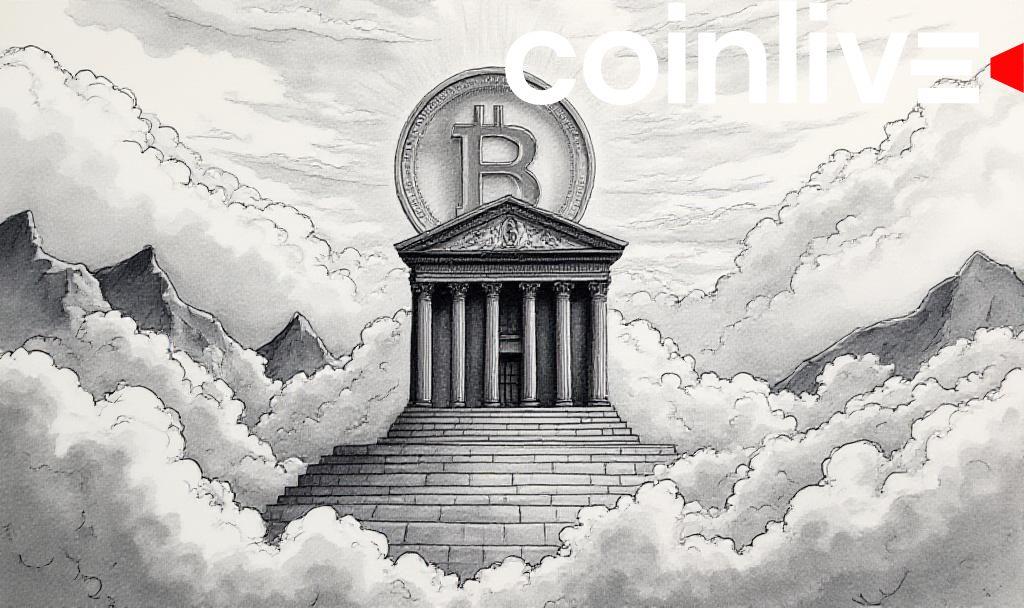- Crypto ban lifted; market growth ensues.
- Stablecoin adoption rises in Bolivia.
- New financial literacy campaigns launched.

Bolivia’s Central Bank has lifted its longstanding cryptocurrency ban, a significant policy shift initiated in June 2024, aligning with Latin America’s regulatory trends.
The policy change reflects a broader move towards regulated crypto engagement in South America, with Bolivia now recognizing digital currencies within its financial system.
Central Bank’s Role and New Crypto Policy
Bolivia’s Central Bank and the Financial System Supervisory Authority are pivotal in executing the country’s new crypto policy, lifting a ban that spanned a decade. The Central Bank now permits trading of stablecoins and major cryptocurrencies like Bitcoin and Ethereum.
The policy reversal has sparked a 630% increase in transaction volume, as reported by the Central Bank. However, despite these changes, cryptocurrencies are not yet considered legal tender within the country.
“We have implemented financial literacy campaigns and robust regulatory oversight to ensure the safe integration of virtual assets into our financial system” — Central Bank of Bolivia (Official release, June 2025).
State funding for crypto initiatives remains limited, with Executive Order 5399 restricting the state-owned oil company from using cryptocurrencies for payments. This policy ensures a cautious approach to digital asset adoption.
Regional Regulatory Trends and Market Impact
Analysts view Bolivia’s crypto market evolution as indicative of a regional shift favoring regulation over prohibition. This trend appears aligned with FATF guidelines, supporting market growth and attracting institutional interest.
Bolivia’s licensing regime for Virtual Asset Service Providers and the establishment of virtual asset definitions may influence future technological advancements and regulatory frameworks across Latin America.








